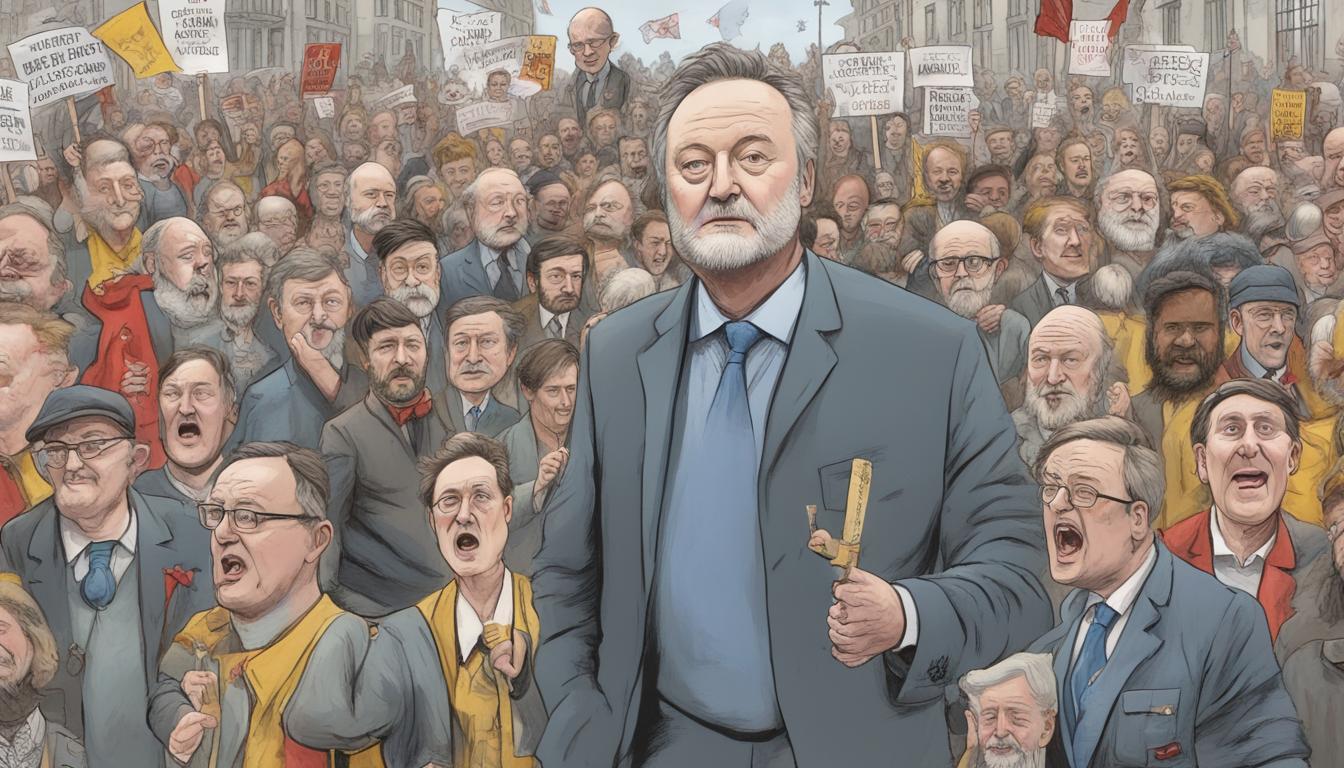George Galloway announces plans to contest the next UK general election by fielding Workers’ Party candidates across the country, potentially leading to a hung parliament and catalysing electoral reform.
George Galloway, the former Labour politician and leader of the Workers’ Party, has announced his intention to challenge Sir Keir Starmer’s Labour Party in the next UK general election. Galloway plans to field candidates nationwide with the aim of creating a hung parliament. His strategy is to capitalize on discontent among voters, particularly on issues such as the war in Gaza, which has reportedly alienated some Muslim voters from Labour. Recent successes in local elections where the Workers’ Party unseated Labour candidates have demonstrated Galloway’s influence. His approach mirrors that of Nigel Farage, seeking to disrupt the traditional two-party dominance and advocate for electoral reforms like proportional representation.
In other developments, sentiments among young UK voters appear mixed as the general election approaches. While some, like Joshua Holmes from Bristol, show enthusiasm and support for Keir Starmer, others express disillusionment with the political system, citing issues such as housing affordability and climate change. Alexandra, a 25-year-old from London, exemplifies young professionals contemplating not voting or even moving abroad due to these frustrations.
Simultaneously, there is speculation about potential collaborations in the event of a hung parliament. John Swinney, a leading figure within the Scottish National Party (SNP), hinted at the possibility of an alliance between Labour and the SNP. This comes despite Labour’s official stance against such a coalition, as articulated by Labour’s campaign chief Pat McFadden. The prospect of a coalition is linked to the challenges Labour faces in securing a majority, with some analysts pointing to the need for strategic partnerships to form a government.
These developments underline the complexities and strategic calculations shaping the upcoming electoral landscape in the UK, suggesting a potentially pivotal and contested election ahead.













